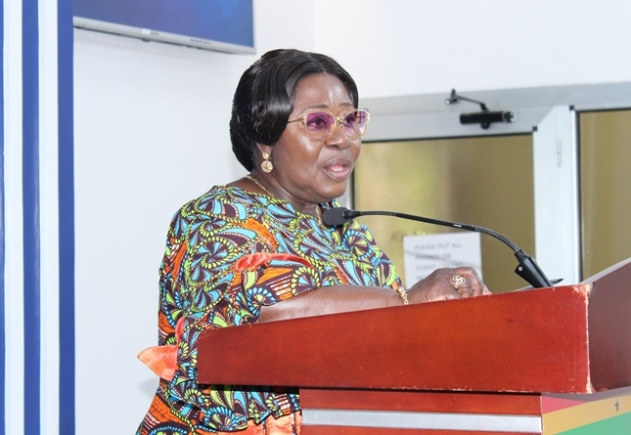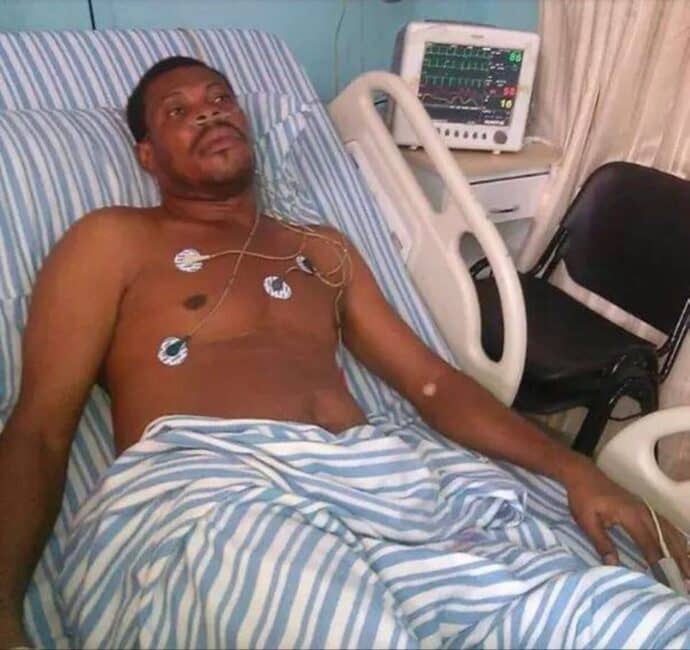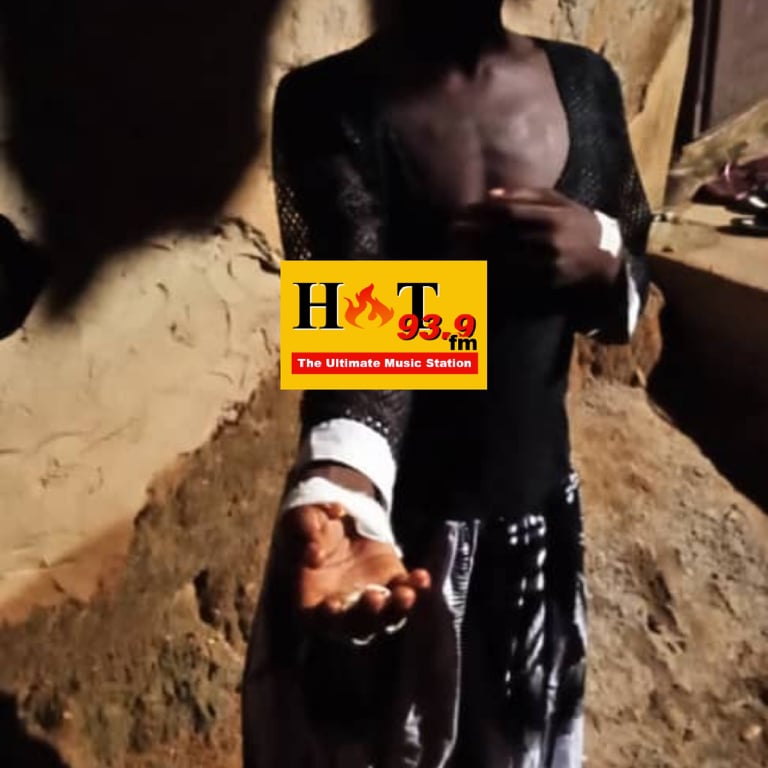The government is securing additional funding from the World Bank and the International Climate Fund to provide support to communities affected by floods from the recent Akosombo Dam spillage.
The Chief of Staff at the Presidency, Akosua Frema Osei-Opare has explained that the funding forms part of the government’s post-recovery strategies aimed at alleviating the plight of the disaster victims and fostering long-term resilience among affected communities.
At a press briefing in Accra on Wednesday (Nov 22), she reaffirmed the commitment to alleviating the plight of the victims and stated that the additional funding would supplement the GH¢220 million already allocated in the 2024 budget by the finance minister, primarily for rehabilitation and restoration initiatives.
The Chief of Staff expressed the belief that the additional funding would aid in coordinating comprehensive response strategies and fostering long-term resilience among affected communities.
Impact of spillage
The spillage of the Akosombo and Kpong dams from September 15 to October 30, 2023, had a devastating impact on communities across the Volta, Eastern, Greater Accra, and Oti regions leaving hundreds of homes and farmlands being inundated, displacing nearly 40,000 people.
Schools in most affected areas, particularly Mepe and Battor in the North Tongu District of the Volta Region, were forced to close due to the flooding with those not affected being turned into holding shelters for the displaced people.
The floods also caused significant damage to infrastructure and livelihoods. Farmlands and agriculture-related activities were severely affected, a move many believed would impoverish the people in the affected community, thus increasing poverty levels.
Briefing
Addressing journalists in Accra, Mrs Osei-Opare said in addition to the physical loss, many victims faced significant mental health challenges due to the trauma associated with the disaster.
The government she said recognized the need for mental health support and thus encouraged public participation in providing assistance to those in need.
“Let me emphasize that the inter-ministerial committee collaborates closely with all relevant stakeholders and remains committed to ongoing engagement to ensure the effective management of flood impacts and the streamlining of programs aimed at restoring livelihoods,” she said.
Education
The Minister of Education, Dr Yaw Osei-Adutwum, highlighted the support from the World Bank and other development partners in addressing the educational needs of affected students, expressing confidence that the support would ensure normalcy in the schools in the affected areas.
He said that 42,526 learners and 1,561 teachers in 121 schools were affected by the disaster in the North Tongu, Keta, Anlo, South Tongu, Central Tongu, Ketu South, Kpando and South Dayi districts of the Volta Region.
Across the board, he said that education opportunities have been extended to all students to the affected pupils allowing them to resume academic lessons by moving some into other schools and teachers also distributed to help in teaching and learning.
“We also understand that in many of the areas, teaching and learning materials were destroyed requiring the need to supply the affected schools and for this reason, we are going through an emergency procurement to make sure to enable us to provide teaching and learning materials to all affected schools,” Dr Adutwum said.
Water quality
The Executive Director of the Water Resources Commission, Bod Alfa, who presented a report on the assessment of the water quality in the affected areas, cautioned residents to avoid contact with raw water due to the presence of bacteria pathogens such as E. coli.
“Generally, the water resources are highly polluted with bacteria contamination found in even boreholes which were previously used without having to treat the water prior to the flooding making them unsafe for use,” Mr Alfa said.







